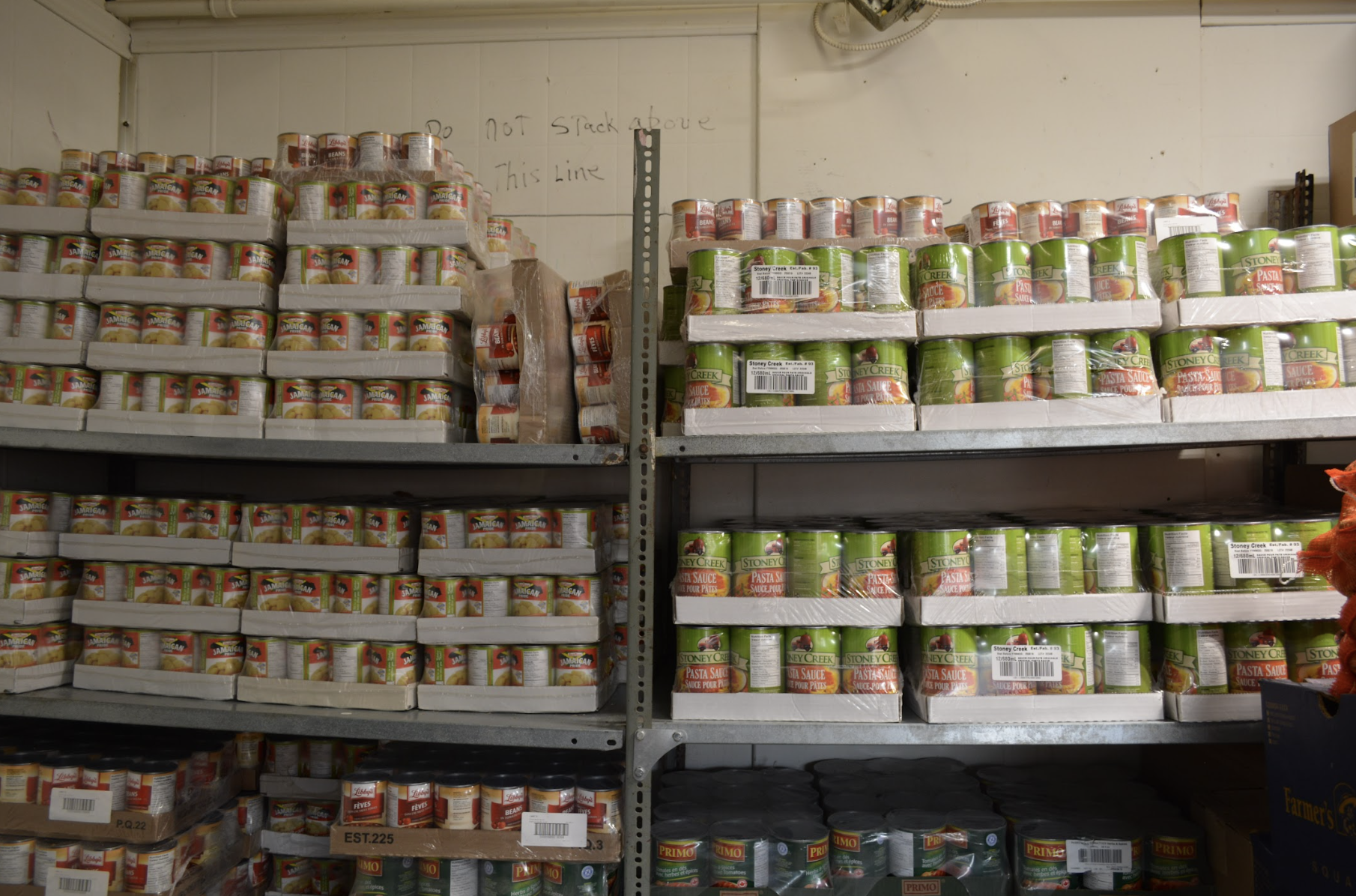Toronto residents are facing more food insecurity than ever before. Recent statistics show that this food crisis is reaching demographics that historically have not been affected.
Unfortunately, this rise in food insecurity throughout the GTA comes as no surprise.
It goes hand in hand with increased costs of living and skyrocketing rent prices.
Food banks across the city are feeling the heat with lines going around the block as more and more people come to rely on them for consistent meals.
Now more than ever the idea of a Universal Basic Income could help to alleviate the stress of the roughly one in five Canadians currently facing food insecurity.
A 2017 study from McMasters University showed that having some level of a UBI would “improve people’s lives in every way,” starting by covering their basic needs such as a decent income to cover food and shelter.
Talia Bernstein, a researcher for Daily Bread, one of the largest food banks in the country, said she has seen first hand how increases in cost of living have affected communities throughout the GTA.
She agrees that a UBI could significantly contribute to ending food insecurity.
“If people had an adequate income we would be out of business,” she said.
However, Bernstein said although a UBI program would reduce the need for food banks, if rent prices in the city don’t change then most of the UBI money would go towards shelter before it went to food.
Statistics Canada says Toronto is currently the third most expensive city to live in nationwide. It follows Vancouver and Victoria with an average rent price of $2,500 for a one bedroom apartment.
Other programs that utilize the same concepts at UBI have already been integrated into Canada’s welfare system as a way to combat food insecurity and give people options outside of food banks.
Canada Child Benefit has seen immense success at reducing food insecurity among minors. A recent study by PROOF and the University of Toronto, showed that by increasing household incomes by $60 a month food insecurity fell by three percentage points.
Political parties across the spectrum have all agreed that UBI or Guaranteed Basic Income (GBI) programs would be beneficial overall and would help to target specific issues such as food insecurity.
Jill Andrew, member of the Ontario New Democrats and MPP for Toronto St Paul, has been pushing for GBI as a way to curb food insecurity.
“No matter a person’s circumstance, the very basics of food and shelter are their human right,” she said. “A guaranteed basic income has shown to be an effective model to achieve this in Ontario, while boosting the province’s overall economy and contributing to future growth.”
She said other welfare programs such as the Ontario Disability Support Program (ODSP) and Ontario Welfare (OW), both of which follow a UBI or GBI model, were essential in lifting people out of poverty.

